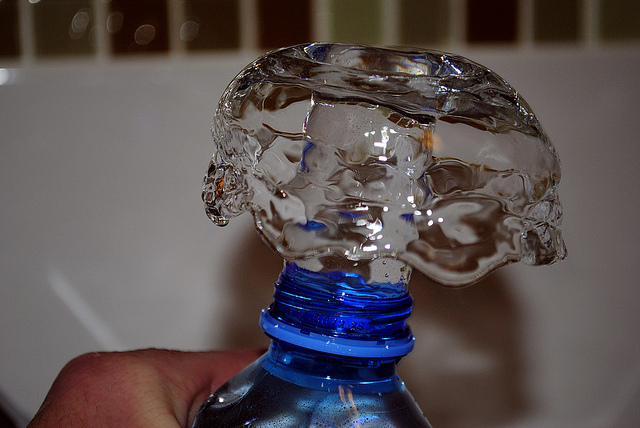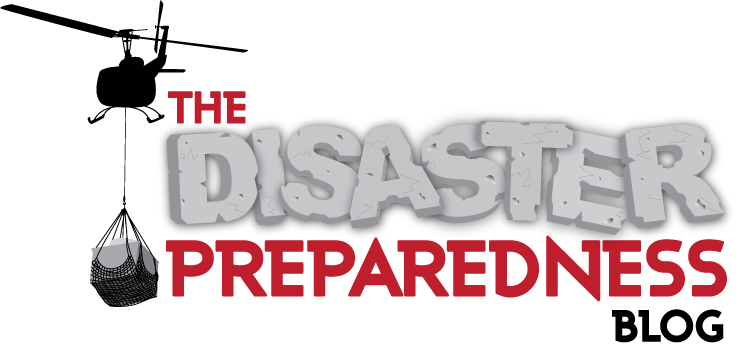WHY YOU SHOULDN'T HAVE A THREE DAY SUPPLY OF WATER
 Friday, September 12, 2014 at 12:58PM | |
Friday, September 12, 2014 at 12:58PM | |  Email Article
Email Article  Water is Life by Williami5 via Flicker
Water is Life by Williami5 via Flicker
Having water is essential for survival. This we know. Over the years however a massive campaign was launched to get ALL Americans to have At Least three days of water stored for emergencies. This then become 72 hours. Over time the message of At Least three days seems to have become lost.
In fact over the last year I have seen some messages put out by local Emergency Management Offices around the country change this message to a week or a months worth of water. This is a good thing.
Though, I have written about this before as a Disaster Tip of the Week as, Is 72 Hours Enough To Prepare For Disaster this message of storing water for emergencies, has still become lost.
Basically, the PR campaign for three days worth of water was so effective that people "hear" they only need three days of water and end up not storing any. Thinking they can get by for three days or it is such a small amount they really do not need it.
So. How much water do you really need? Well. That is a great question. It is normally stated that you NEED 1 gallon of water per person in your home per day. This amount is supposed to take care of all your needs. From sanitation to drinking. Have you ever tried to get by using only 1 gallon of water per day? This amount also does not account for pets and other needs. So, you will need extra for them.
If you live in a warmer climate, plan on being active, have medical or special needs, you are going to require an increased amount for drinking.
Though I will consult people to have greater amounts on an individual basis. As a general rule, I believe 3 gallons per person/ plus 1 gallon per pet, extra activity per day for one week is a good water storage plan.
Yes. That is a lot of water to store. However, when your tap stops flowing you wont regret the "extra" you have on hand. See also Treating Water.








Reader Comments (8)
American Red Cross. (2006). Food and Water in an Emergency. Retrieved from http://www.redcross.org/images/MEDIA_CustomProductCatalog/m4440181_Food_and_Water-English.revised_7-09.pdf